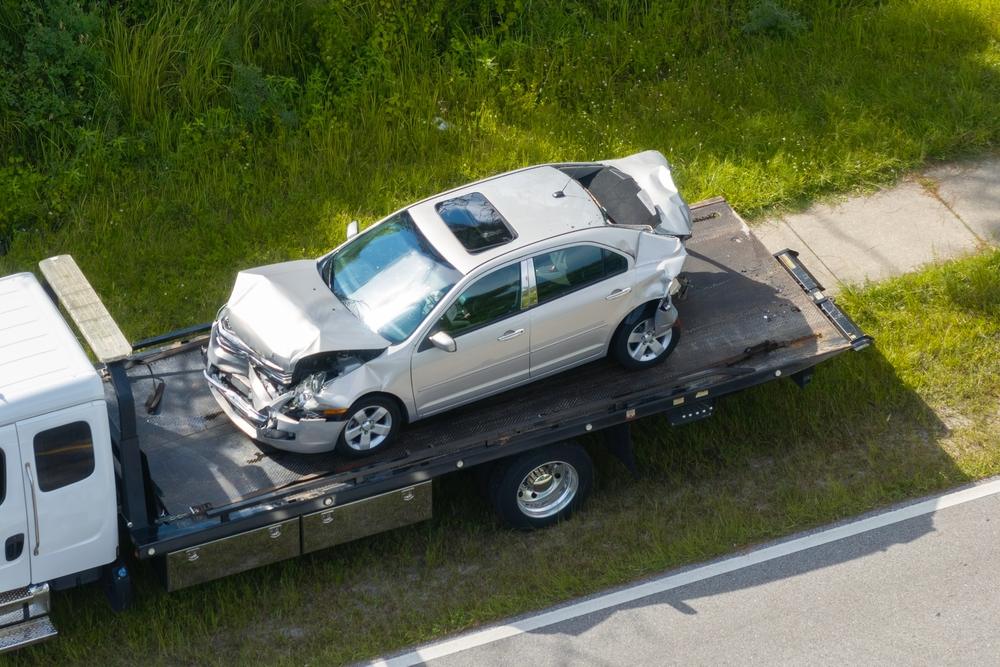1 in 10 Elderly People Experience Nursing Home Abuse and Neglect
When the victim isn’t you, it can be difficult to asses the situation and take control of the problem. Seeking professional help will be your most valuable advice given in this article.
Neglect is defined by a failure, intentional or not, to provide a person with the care and services necessary to ensure freedom from harm or pain; a failure to react to a potentially dangerous situation resulting in resident harm or anxiety.
Abuse is defined as an intentional infliction of injury, unreasonable confinement, intimidation, care/service deprivation or punishment that results in physical harm, pain or mental anguish.
For the scope of this article, let’s focus on nursing home abuse.
Nursing home abuse can be identified in many ways. Here are a few to pay attention to:
Injuries
Whether your loved one has bed injuries, falls, fractures or head injuries, it’s important to pay attention and to determine the actual causes of these injuries. Unexplained injuries are definitely cause for questioning the situation.
Emotional Problems
Is your loved one overly emotional or extremely withdrawn? Do they wander around in a way that doesn’t make sense or isn’t consistent with other behavior? Does their behavior change rapidly or have unusual quirks about it? Perhaps they want to be isolated from others or are reluctant to speak in front of nursing home staff members. All of these signs are potential signs of nursing home abuse.
Emergency or Death Situations
Any injuries that evoke an emergency situation must be investigated. Furthermore, a death that cannot be explained is an immediate red flag.
Other Irregularities
Almost every irregularity is worth investigating. At the end of the day, you know your loved one, and are an advocate for them. Never ignore a gut feeling that something may be wrong – explore it.
If you suspect that an elderly loved one may be a victim of nursing home abuse, here are the steps you can take to follow a claim:
Take pictures and Collect Evidence
Document as much as possible – no detail is too small. As in most cases, it’s important to collect as much evidence as possible. Pictures should be taken of injuries or questionable living situations. Witnesses should be interviewed where it makes sense.
Dates should be kept of changes in your elderly loved one’s behavior and the appearance of injuries, including the date you first suspect abuse. Whatever discussions you make with the nursing home, make sure to document that as well. In addition, be ready to provide any response given by the nursing home and any action taken by management.
Keep copies of medical records and procedures after you suspect abuse.
Part of the settlement process includes compensation for medical expenses incurred at the fault of the opposite party. So keep careful records of medical records or procedures undertaken during the investigation.
Other damages that may be included in lawsuits:
- Pain and suffering
- Disability
- Disfigurement
- Funeral costs
- Violations of resident’s dignity
Get in touch with an attorney to make a claim
An attorney will help to navigate the complicated claims process, which will include determining who has jurisdiction in a nursing home abuse case (it’s different in every state).
As early in the process as possible, get in touch with an attorney who specializes in nursing home abuse and neglect cases. Your attorney can help to make sure you collect all necessary documents and follow all correct procedures.
If an elderly loved one appears to be a victim of nursing home abuse and/or neglect, we can help. Call us at (312) 588-1900 for a free consultation. If you can’t come to us, we will come to you.




